Amid ongoing Dinkytown and citywide protests at the end of May, a University of Minnesota student posted a picture of a University officer to a campus Facebook group.
“[T]his man violently detained 4 people and intimidated [protesters] the day before,” the post said.
University Security (USEC) corporal Bruce Stevens, now a recent graduate, responded and identified the officer. USEC workers often work closely alongside UMPD. He also shared a link for filing a formal complaint in the post’s comments.
He was fired two days later.
“[My supervisor said] that I’m threatening the mission,” Stevens said. “Part of our mission statement is reducing risk and enhancing personal safety. And if personal safety isn’t being maintained by our own officers, we can throw all the mission statements, we can throw everything out the window.”
Multiple students who have worked at University Security in recent years said the office fosters a hostile work environment where their labor is underappreciated.
Matthew O’Sullivan, security director in the University’s Department of Public Safety (DPS) that houses USEC, declined to respond to a list of questions from the Minnesota Daily and instead provided an emailed statement.
“We value the work and dedication of our student employees,” the statement said. “It’s unfortunate that we can’t meet all our security requests due to reduced student employment across campus. We remain committed to creating a positive and rewarding student employee experience.”
O’Sullivan told Stevens that leadership did not know his motives for making the post. Yet, USEC leadership did not discuss the incident with Stevens — who had worked with the office for two-and-a-half years — prior to his removal, Stevens said.
Stevens cited a policy in the USEC handbook during a phone call with O’Sullivan, his supervisor, that mandates workers to release public information: “Personnel shall share public information upon request from the general public or internal University departments and units.”
O’Sullivan told him that he had not used the proper channels, violating trust within the team. He told Stevens that a link to the University’s DPS complaint page would have been enough.
Fulfilling the mission
USEC students are taught that their role is to fulfill three key principles that center on serving the University community: acting as an ambassador to the University, reducing risks and enhancing personal safety.
Jared*, a University alum who worked with USEC for his four years of college and wished to remain anonymous due to privacy concerns, said Stevens fulfilled USEC’s mission by sharing the officer’s name and a route for filing complaints. He said Stevens’ firing was about protecting a police officer rather than assisting the community.
“His being let go is absolutely outrageous, I think it shows a complete lack of moral character of the department. I think it strays away from everything that I felt that we stood for as a department,” Jared said.
Jared said that toward the end of his tenure, a leadership change brought a new approach for USEC. At least one new department head had a background in private security rather than public security — and, he and others said, it showed.
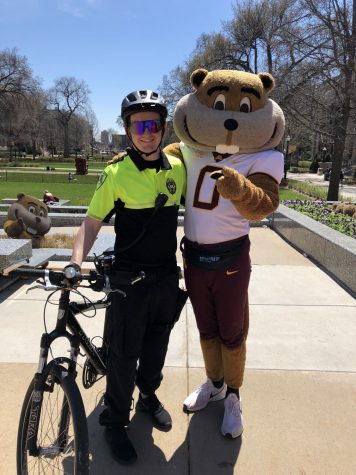
“You could definitely tell a difference in how they operated and that it was not in the community’s interests, but rather, in the department’s interests,” Jared said. “[USEC became] more focused on having good numbers and assisting the bureaucracy above us: the University leadership and the police.”
Until recently, the USEC website said the department employs 150 security monitors. In February, O’Sullivan said this had not been true. Recently, many former student employees have said this has not been true in years. Yet, the department has regularly taken more security contracts around campus, spreading its workforce even thinner.
Inadequate staffing has led to consistent difficulties with scheduling student workers. In multiple semesters prior to the pandemic, USEC has had a staff of about 70 to 90 of the 150 monitors necessary to meet campus needs. One student monitor said that leadership often did not trust when a student tried to call in sick and would require that the workers take on two shifts to make up for the one missed.
At one time, Jared said student supervisors were working an average of about 43 hours per week, with some students working 80 hours a week during the school year. He said that the department leaders did not address the problem when the information was brought to them.
“Members of the leadership team, rather than, you know, trying to say, ‘Yep, that’s a problem, let’s sit down and see how we can address it,’ they just said, ‘Well, that’s the situation we’re in right now with staffing,’” Jared said.
While some students said USEC was once among the highest paid student jobs, the starting wage, which was most recently listed as $11 an hour, is comparable to any other employment in the area — but comes with long overnights and constant demands.
“I understand that staffing is a concern,” Jared said. “[But] they didn’t necessarily fully grasp the idea that we were students first and employees second.”
Eroded trust between students and leadership
When the department’s leadership hired a group of new security advisers, a non-student position that includes a similar set of responsibilities as the monitors, some students said they felt betrayed.
“I think the biggest issue was that they effectively performed the same job duties as student monitors, but they were paid much better,” said Erik Lindgren, a student security monitor since 2018 who recently quit due to poor working conditions.
Some students also said the department’s administrators were not proactive about students’ wellbeing.
Lindgren said he was a first responder to a fatal shooting in fall 2018 near a University community health center. Student supervisors removed him from the remainder of his shift and informed the leadership team. He said he was then indefinitely removed from further shifts without communication about payment or whether he was put on administrative leave.
Instead, he said one office head sent an email link to the campus clinic’s homepage. When Lindgren returned to his first shift back after a week, a director asked him how he was doing as he was leaving the office. He did not receive payment for his administrative leave until the following spring, although he said he had not proactively reached out due to being a full-time student and the lingering trauma from the incident.
“Quite frankly, this should have [been] handled without requiring any effort from me,” Lindgren said in an email. “Eventually I did reach out to the Operations Supervisor (full-time staff) about how the situation had been handled. I was promised that they would talk to directors; I never heard back.”
Stevens, who has been working as a math tutor since he was fired last spring, said too much was expected from students and it felt exploitative.
“Whenever something bigger or real does happen, it’s really on the worker to get the resources they need,” Stevens said. “Even if there’s some aspect of the job that had to do with trauma, it was basically swept under the rug.”


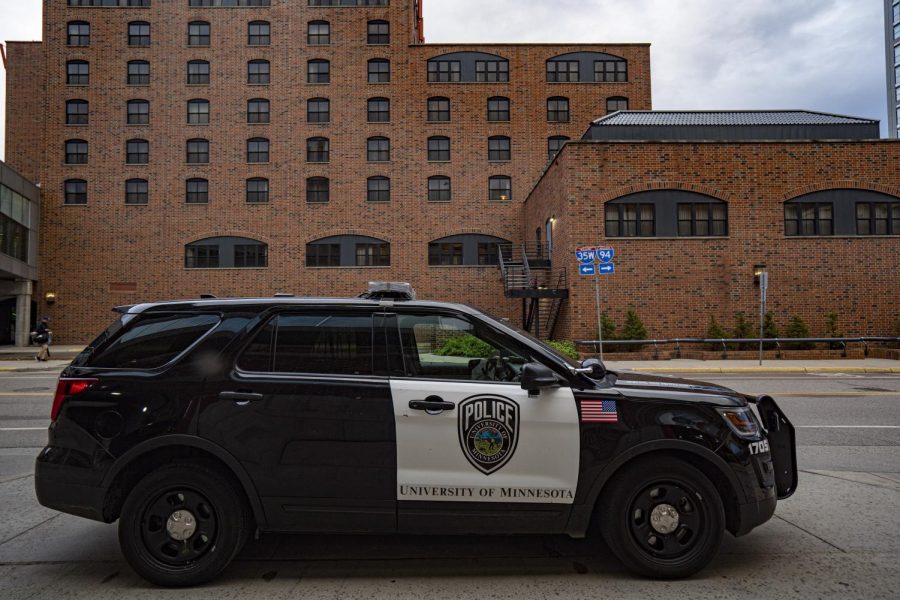











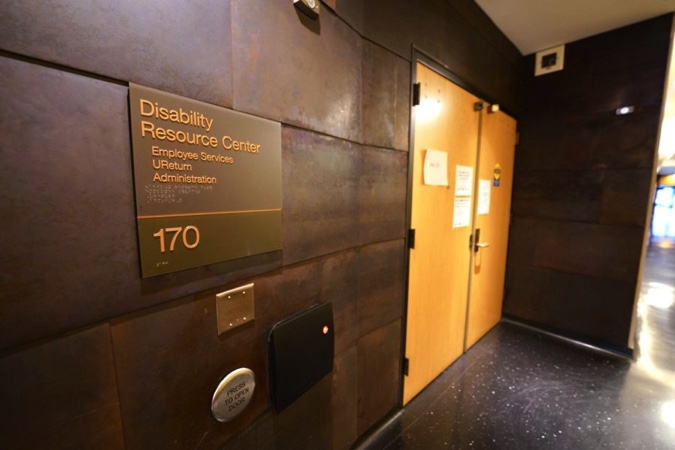
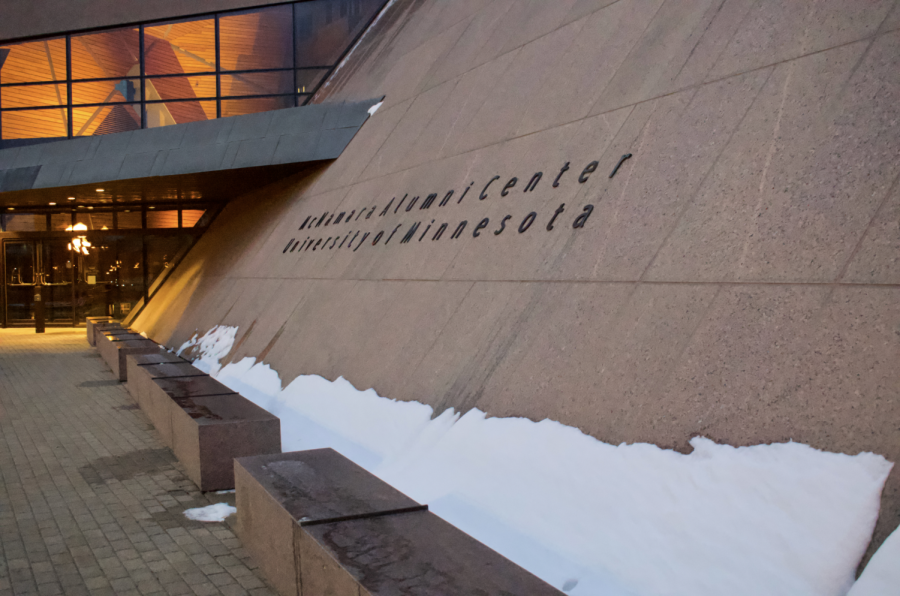

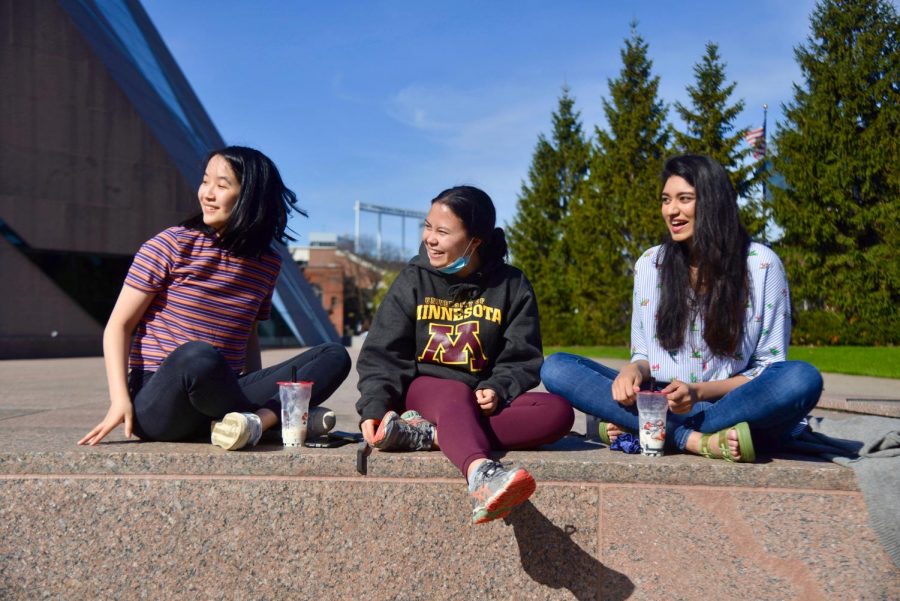
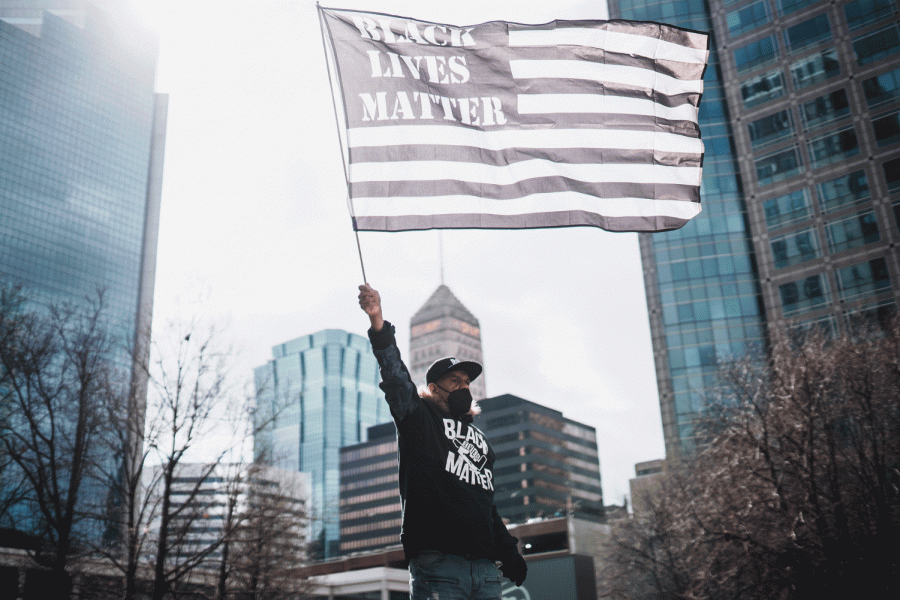
A Gopher
Oct 10, 2020 at 8:16 am
Use of force is part of an officer’s job. If you don’t like watching the sausage get made than why are you hanging out with the butcher? Go be a woke joke somewhere else you wuss.